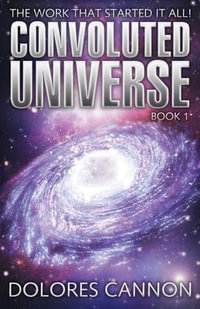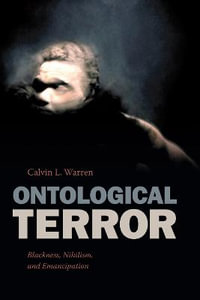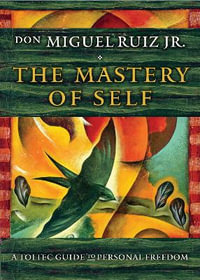Men have evolved from animals, and animals from inanimate matter, but what has evolved is qualitatively different from the inanimate matter from which it began. Both men and the higher animals have a mental life of sensation, thought, purpose, desire, and belief. Although these mental states in part cause, and are caused by, brain states, they are distinct from them. Richard Swinburne argues that we can only make sense of this interaction by supposing that mental
states are states of a soul, a mental substance in interaction with the body. Although both have a rich mental life, human souls, unlike animal souls, are capable of logical thought, have moral beliefs,
have free will, and have an internal structure (so that their beliefs and desires are formed largely by other beliefs and desires inherent in the soul). Professor Swinburne concludes that there is no full scientific explanation available for the evolution of the soul, and almost certainly there never will be. For this revised edition Professor Swinburne has taken the opportunity to strengthen or expand the argument in various places, to take account of certain
developments in philosophy and cognitive science in the intervening years, and to add new discussion of important matters relating to the themes of the book, including connectionism and quantum theory.
Industry Reviews
`For this revised edition Professor Swinburne has taken the opportunity to strengthen and expand his book to take account of developments in this area of philosophy since the first edition.'
www.worldtrade.com/Philosophy/consciou.htm
`The book is marked by Professor Swinburne's characteristic clarity, rigorous logic, and forceful argument, and demands close attention from the reader. Every key term is carefully defined, and the reader is never left in doubt as to the intended meaning of each sentence.'
Expository Times
`one of the strongest defences of mind/body dualism and interactionism to have appeared in recent philosophy. The book exemplifies the same kind of rigour and pertinacity of argumentation that characterized his earlier philosophy of religion trilogy'
Brian Hebblethwaite, Journal of Theological Studies
`Welcome indeed ... a clear and acute defense of mental substance seems especially important in a period in which that Cartesian notion has been, and remains, under heavy attack ... Swinburne's book is both clear and thorough, and reveals an admirable grasp on the part of its author of the current, mostly hostile, literature. And as a work which seriously challenges what many philosophers now believe about the mind, it deserves to be, not ignored, but
seriously challenged in return.'
John Knox Jr., Philosophy and Phenomenological Research
`carefully and lucidly written ... there is no mistaking the acumen and integrity of the author, and his courage in attempting to hold the difficult terrain which the dualist must occupy in the modern world'
John Cottingham, New Blackfriars
























